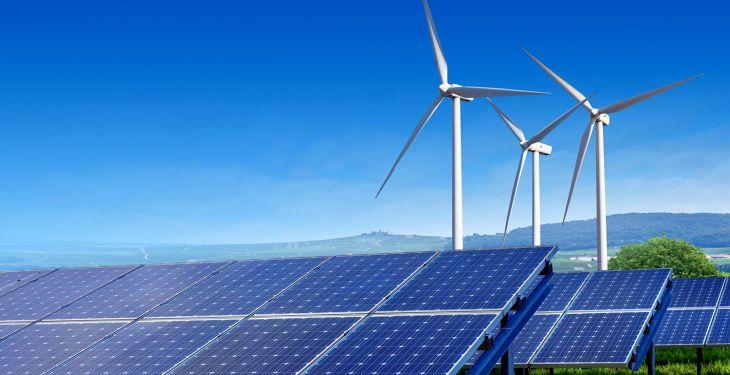The share of renewables in German electricity generation grew from 29 percent in 2016 to a record 33 percent this year, according to preliminary calculations by the Association of Energy and Water Industries (BDEW). “The gap between coal and renewables in Germany’s power production fell from 11 to under 4 percentage points in just one year”, BDEW head Stefan Kapferer said, stressing that the country’s power sector was “decarbonising itself with big steps”. As a share of gross electricity consumed, renewables rose to more than 36 percent, as Germany is a net power exporter.
According to the association’s calculations, the share of coal in Germany’s power generation mix fell from 40.3 percent in 2016 to 37 percent in 2017. “The reduction of coal-fired power production is in full swing”, Kapferer told journalists in Berlin, adding that this trend was almost certain to continue over the next years as “nobody will invest in hard coal plants any longer” in light of the shifting market conditions, according to cleanenergywire.org.
The utility lobby head said renewables were “the clear winner in net power generation” in 2017, and were able to substitute for the drop in conventional power generation “to the full extent”. Kapferer argued that Germany’s power sector was fully “on track” to meet its contribution to the 2020 CO2 emissions reduction target, while the transport sector “unfortunately makes no appropriate contribution” and would be “the main culprit” if the country as a whole failed to reach its 2020 target of reducing emissions by 40 percent compared to 1990 levels.
